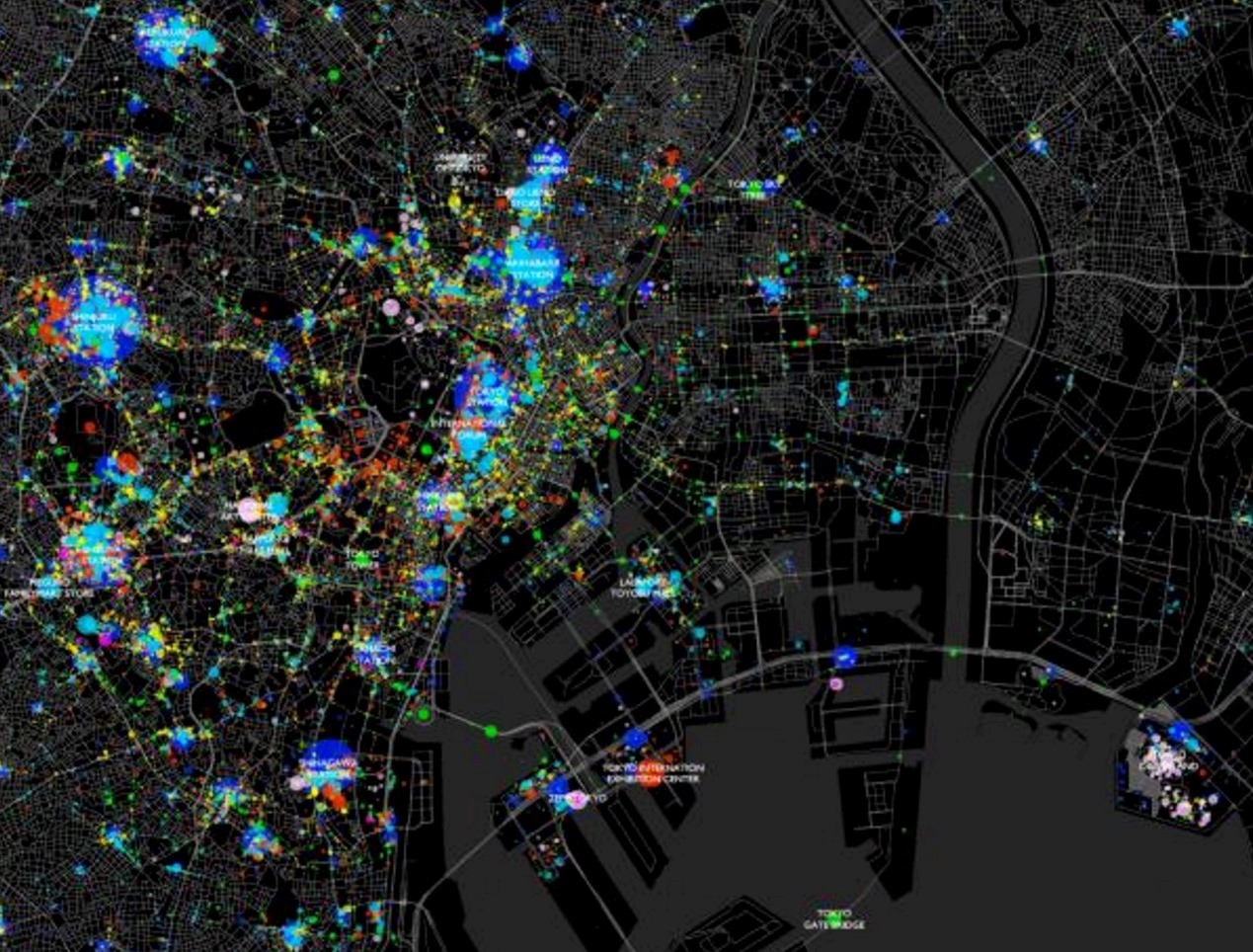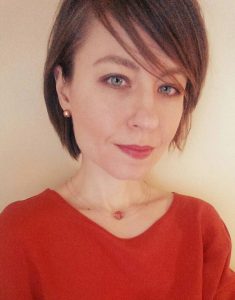
Information City = Media Archaeology + Political Economy
-
- Course Duration:
- October 4- 27, 2016

Information City is an element of a global mega structure. It is concentrated and condensed. The city creates conditions for co-existence and interaction for numerous and various analogue and digital objects and different speed and intensity processes. At the same time, information city is divided, scattered, and stretched far beyond specific countries. A paradoxical topology of an information city lies in the fact that it always yields a global village. The map and area of an information city never coincide.
The goals of the course are to present to students fundamental concepts of information theory and political economy that could help them add another sense to the description that presently resembles the Borges’s magic realism rather than the picture of real urban space. The participants will focus on recent academic debate on historical circumstances and peculiarities of transformation and restructuring of modern jurisdictions and political geography for the sake of distributing control and establishing new hierarchies of the global information market.
During the discussions, the lecturer will refer to classic philosophical works of Karl Marx, Sigmund Freud, Gilles Deleuze. Michel Foucault, Carl Schmitt, Jacques Lacan and Jurgen Habermas. These and other, most recent works will help students critically reconsider the notion of "information city": Why is the brand of an information city sells and buys so well? What is the role of a user within this structure? Are the rights of information city citizens violated? Who is in charge of the process of making citizens aware of the peculiarities of functioning of information technologies of the city? Who finds it beneficial to maintain the "unawareness level" of users? How does the user status conflict with the citizen status?
Eligibility criteria:
Each session lasts for 2 hours and includes a one-hour lecture and seminar discussions. During the discussions, studetns will talk about the mandatory texts, video materials and practical assignments. One of the requirements for the course is to participate in the discussions (on the basis of the reading list, selected films or media projects). The participants will have to critically comprehend their main ideas, concepts, theories, and facts, as well as to present summaries and range of problems raised in the articles, to ponder over the replies to the suggested questions and prepare several topics for discussion on the texts, films, and media projects. The students would contemplate over successful and failing reasoning of researchers, possible applications of certain theories, gaps in our theoretical discourse and reasons for them. Participation in discussions and results of practical assignments shall be assessment criteria to receive the course certificate. Performance during the course shall be centrally coordinated via the website. It will show any changes in the work plan. The resource includes detailed preparation guidelines for each session.
Study format - seminars. Working language - Ukrainian. All study materials are in English.
is a media researcher (PhD in History and Philosophy of Technologies and Information Theory, West Ontario University, 2015; and PhD in Theory of Criticism and Film and Media Theory, Missouri University, 2011). She lectures at the Faculty of Information and Media Studies at West Ontario University. She is co-editor (jointly with Paul D. Miller) of the book The Imaginary App (MIT Press, 2014), a collection of studies on mobile applications and cloud computing. Her research interests include parallel histories of cybernetics and psychoanalysis, a phenomenon of a complicit user and media archeology of information war. Recent publications: “Interpassive User: Complicity and the Returns of Cybernetics” (Fibreculture Journal 25″Apps and Affect”) and “Cinema for A Missing People: Gilles Deleuze’s Crystal Image and Alexander Dovzhenko’s Zvenyhora”. Currently, she works on the book (co-authored by Nick Dyer-Witheford) “ІInformation Wars and Personalized Internet”.
Svitlana Matviyenko